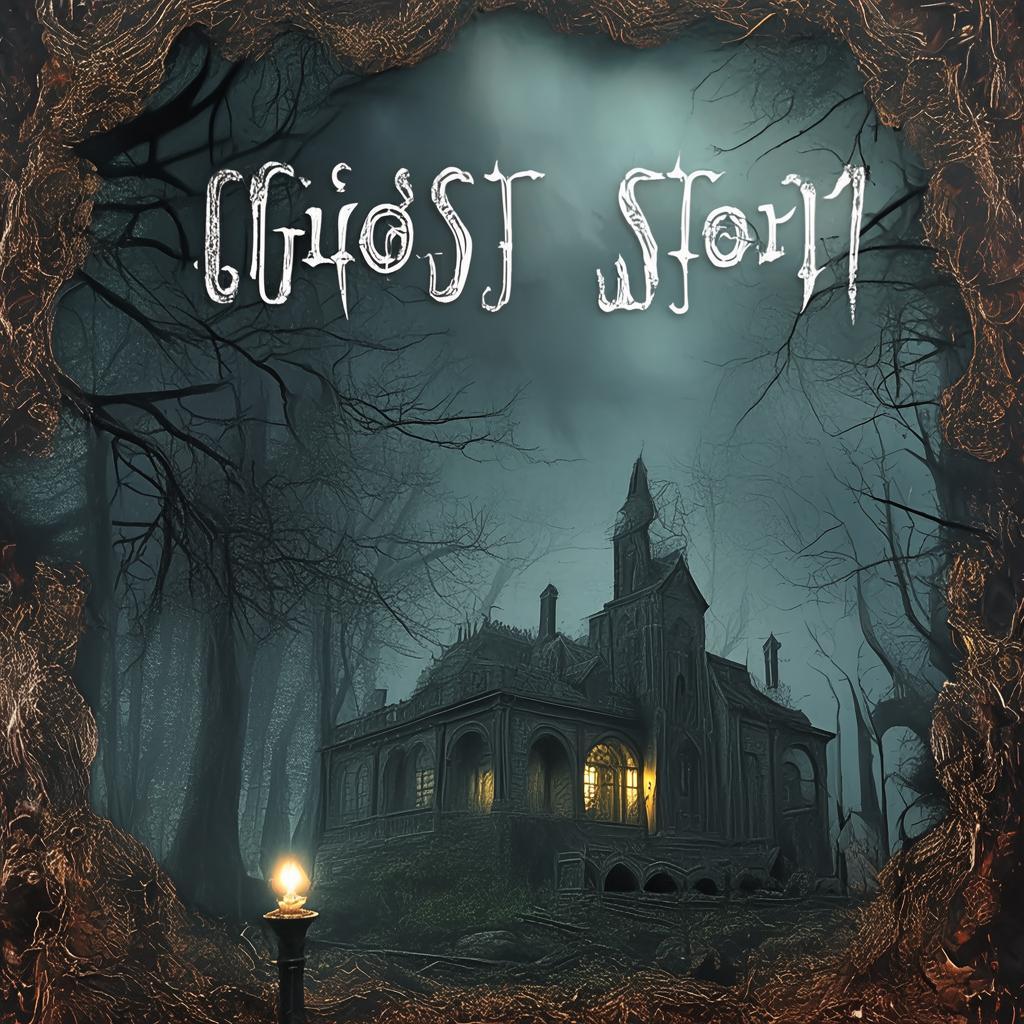Whispers from the Forgotten Opera
In the heart of Beijing, where the past and present intertwine like the threads of an ancient tapestry, there was a story whispered only in hushed tones. The De Yun Society, once a beacon of artistic excellence, had faded into obscurity, its legacy entangled with a haunting melody that only the brave dared to hear.
It all began with a chance encounter at the Beijing Opera Museum. Dr. Li Wei, a young and ambitious scholar, had just finished his thesis on the historical significance of the De Yun Society when he stumbled upon a dusty, forgotten tapestry. The tapestry was a masterpiece, intricately woven with the faces of actors, musicians, and dancers, each a participant in the society's grand performances.

Curiosity piqued, Li Wei carefully unrolled the tapestry and found a hidden compartment at its base. Inside was an old, leather-bound book that contained a cryptic note: "To unlock the melody, you must perform the opera as it was meant to be heard. The spirits will sing their own song."
Determined to uncover the truth, Li Wei delved deeper into the society's history. He learned that the De Yun Society had been the cradle of a unique opera, "The Phantom's Melody," a piece that was said to have been composed by a ghostly figure who had once belonged to the society.
Li Wei spent days poring over historical documents, piecing together the story of the opera's creation. According to legend, the composer, a former member named Wang, had fallen in love with an actress from the De Yun Society. When she rejected him, Wang was driven to madness and vanished, leaving behind a haunting melody that was to be performed only once, at the opera's premier.
Determined to bring this forgotten opera back to life, Li Wei organized a small, exclusive performance at the Beijing Opera Museum. The venue was eerie, with shadows dancing on the walls, and the air thick with anticipation.
The night of the performance arrived. Li Wei stood on stage, the tapestry wrapped around his shoulders like a shroud, his heart pounding in his chest. He began to sing, his voice echoing through the dimly lit hall, each note resonating with a century-old sorrow.
As he reached the climax of the opera, a strange phenomenon occurred. The room seemed to shift, the walls growing translucent, and the audience felt as if they were transported to another realm. The tapestry, now glowing with an ethereal light, began to hum with a life of its own.
In the midst of the performance, a ghostly figure appeared, the image of Wang, the composer. His eyes, hollow and filled with despair, watched the opera unfold. The melody, once a haunting tune, now took on a life of its own, weaving through the air, binding the past to the present.
The audience was mesmerized, their eyes wide with shock and wonder. The performance reached its crescendo, and as the last note was sung, the ghostly figure of Wang faded away, leaving behind only the tapestry, now still and silent.
The following morning, Li Wei was found in his room, the tapestry still wrapped around him. His eyes were open, yet his body was lifeless. The De Yun Society's ghostly melody had claimed its final victim.
As the story of "Whispers from the Forgotten Opera" spread, it became a cautionary tale about the power of history and the supernatural. The De Yun Society's ghost tapestry remained a relic of the past, a reminder of the thin veil that separates the living from the dead.
The tale of the Phantom's Melody and the De Yun Society Ghost Tapestry continued to be whispered among scholars and opera enthusiasts, a chilling reminder that some secrets are best left buried.
✨ Original Statement ✨
All articles published on this website (including but not limited to text, images, videos, and other content) are original or authorized for reposting and are protected by relevant laws. Without the explicit written permission of this website, no individual or organization may copy, modify, repost, or use the content for commercial purposes.
If you need to quote or cooperate, please contact this site for authorization. We reserve the right to pursue legal responsibility for any unauthorized use.
Hereby declared.









